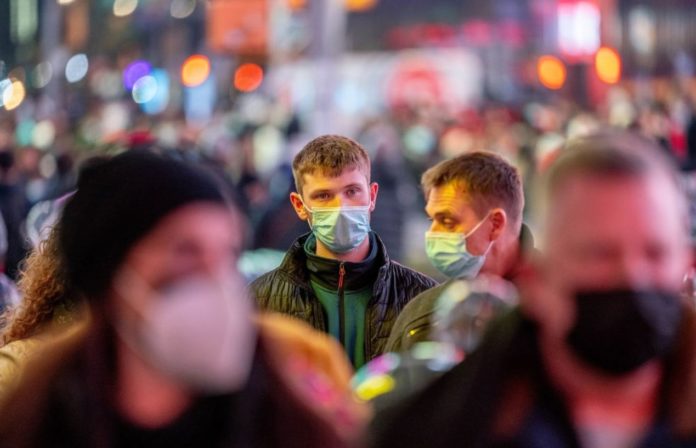A new study reveals that infection-fighting B cells retain a better recall of the coronavirus spike protein in University Hospital patients recovered from less serious conditions of COVID-19 than in those recovering from severe COVID-19.
Scientists from The University of Texas Health Science Center at San Antonio published their findings in the journal PLOS ONE.
The findings suggest subtle changes in the quality of immune response dependent on COVID-19 severity, according to Evelien Bunnik, PhD, the paper’s corresponding author. Dr. Bunnik is an assistant professor of microbiology, immunology, and molecular genetics at the UT Health San Antonio health science center.
In this work, researchers focused on memory B cells that are activated by the spike protein of SARS-CoV2. Blood samples were taken one month following the onset of symptoms and five months later. A significant fraction of spike-specific B lymphocytes were activated after one month.
However, the researchers found that samples from eight patients who recovered from less severe disease demonstrated greater expression of markers associated with long-lasting B cell memory compared to those who recovered from severe disease. T-bet and FcRL5 are two of the markers.
The scientists observed that T-bet-positive, spike-specific B lymphocytes had largely vanished from blood samples five months after symptom onset. Overall, severe illness cases have a more defective B cell response, they noted.
Cases that did not require supplemental oxygen or invasive ventilation were classified as non-severe, while those who did required invasive mechanical ventilation or extracorporeal membrane oxygenation (ECMO) were classified as severe.
“The definition of severe disease was made based on the need for mechanical ventilation or ECMO, because this distinguishes the most critical patients, who are the most likely to develop impaired immune responses,” said professor Thomas Patterson, study senior author.
The Adaptive COVID-19 Treatment Trial (ACTT)-1 or ACTT-2 clinical trials were used to enroll study participants. The samples were from University Health patients who were also part of the COVID-19 Repository at UT Health San Antonio.
“The increased percentage of B cells associated with long-lived immunity in non-severe COVID-19 patients may have consequences for long-term immunity against SARS-CoV-2 re-infection or severity of the resulting disease,” the authors said.
Source: doi.org/10.1371/journal.pone.0261656
Image Credit: Getty
You were reading: People who develop severe COVID-19 are less likely to have a good immune response, says study
